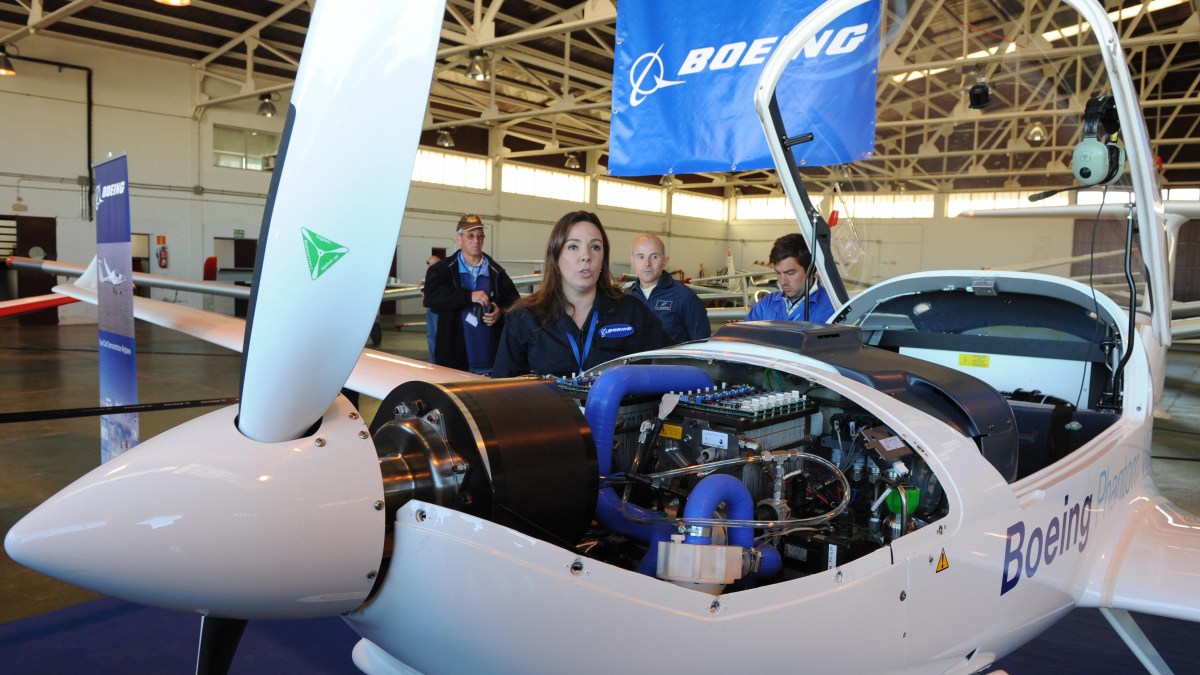Eliot Lees | Source | Vice President, Clean Transportation at ICF

Eliot Lees
Eliot specializes in aviation due diligence, valuation, business planning, and infrastructure-related development. He is an expert in airport and city projects, air cargo, aircraft maintenance, logistics centers, business/industrial estates, fixed base operators, aerospace manufacturing, and fueling. He also works on a wide range of client engagements in airports, airlines, and aerospace.
-

ICF
Vice President, Clean Transportation
-
How close are we to hydrogen planes, really? - Marketplace
Airbus hopes to fly the first zero-emission, hydrogen-powered commercial aircraft by 2035. Other clean fuels may be closer to wide adoption.
Article
-
What you’ll see is the infrastructure for hydrogen becoming important for the on-road fleet of heavy- and medium-duty trucks, and from there it will make its way into aviation. The most immediate focus is on the medium-range market, the regional aircraft market, the turboprops — that’s what can be converted much more quickly,” he said. They will likely use fuel cell technology to power electric propellers, whereas longer-range planes, down the road, would more likely combust the hydrogen for thrust.

